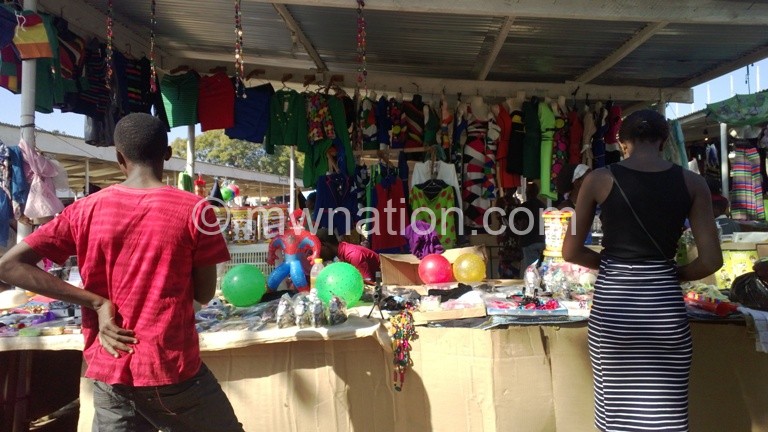SMEs appeal for treasury support
National Association of Business Women (Nabw) has asked the Ministry of Finance allocate more money in the 2022/23 National Budget to institutions that support the growth of small and medium enterprises (SMEs).
Nabw chief executive officer Barbara Banda said in an interview yesterday that financing is critical for their growth, sustainability and recovery from the Covid-19 pandemic.

She called for financial support to Small and Medium Enterprises Development Institute (Smedi), including the Malawi Union of SMEs, whose establishment is critical for the growth of small businesses.
Banda said: “One of the things that makes SMEs not formal or not to grow is the requirement to have a tax certificate. For example, if you want to participate in the government tendering system.
“The issue of bank interest rates is also another issue that is affecting the borrowing capacity, so if government, because of its responsibility in policy in determining bank rates, we want to see this being addressed to attract SMEs to become more bankable and across financing.”
She also appealed for a fair taxation regime that helps the growth of the SMEs, arguing that taxes have been weighing down on their prospective growth.
“Importation of machinery for value addition should be tax exempt if value addition drive is to expand in the country for both local and export markets,” said Banda.
She also called for the establishment of more incubation centres where SMEs can operate their businesses in an organised way.
Minister of Finance Felix Mlusu, who has been soliciting input for the forthcoming fiscal plan, said they are taking note of the proposals and will take on board some of them.
Two weeks ago, Indigenous Businesses Association of Malawi (Ibam) president Mike Mlombwa expressed concern about commercial banks’ preference to lend more to government than the private sector, saying this was negatively impacting businesses.
Ibam’s concern followed Reserve Bank of Malawi figures which show that the banking system’s supply of credit to the domestic economy continues to be taken up by government.
Mlombwa said government’s continued borrowing from commercial banks is creating competition for funds for businesses.
“SMEs are facing a tough time to access loans from commercial banks who have put tough measures for them to borrow, making SMEs fail to access loans,” he said.
In an interview yesterday, National Working Group on Trade and Policy chairperson Frederick Changaya said while it is important that the cost of finance decelerates to enable the economy register economic growth, particularly in productive sectors, the problem is that banks are a fertile ground for domestic borrowing by government.
He said: “Banks have to innovate. For example, they can partner some SMEs and grow them into big players. “The problem in Malawi is that many banks scramble for the same over-banked firms and discard many SMEs and start-ups. Yet some of the start-ups ave better future potential than the big companies.”





